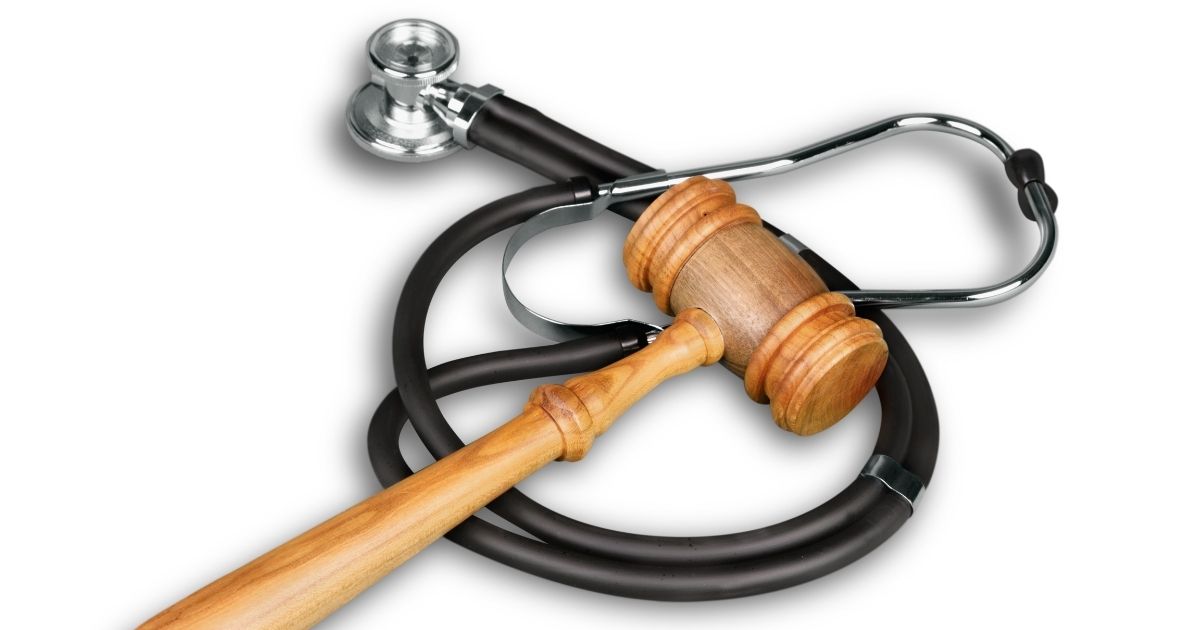
Every day, people go to doctors and hospitals for medical procedures. Some of these are major surgeries meant to save a person’s life, and other appointments are minor and routine. In every instance, medical devices will be used. From scalpels to ventilators, medical devices play an integral role in a patient’s treatment plan.
However, a defective medical product can be dangerous. To have your medical products liability case fully reviewed, you may need to speak with a lawyer. To succeed in a claim, you will need to prove several elements:
The main reason you file a medical products liability claim is to prove that the manufacturer did not put a safe device into the marketplace, which caused your injury. You may be able to be compensated for the following:
Medical products liability cases are complex lawsuits that often require the support of experts who can testify about how the device was defective and caused your injuries. To help you get the support you deserve, you need to partner with a trusted legal advocate who has the resources required to take on a complex and time-consuming medical products liability claim. An aggressive lawyer may be able to help you get needed compensation. Ultimately, if you have suffered injuries from a defective medical device, you should stop at nothing to hold the negligent party liable for your injuries and your costly medical expenses.
There are a multitude of medical devices that are used regularly. These devices can help with everything, such as childbirth and routine exams. Surgical instruments are devices that a doctor may use on a patient, a device the patient uses during their hospital stay, or a device the patient uses at home. These devices commonly include:
Some of these devices are more serious than others. That is why medical devices are categorized into three regulatory classes:
Now that you know the classes of medical devices, you may wonder who could be responsible for a defective product. As with many legal questions, the answer depends on several factors.
The Food and Drug Administration (FDA) regulates medical devices. When a manufacturer creates a new product, it has to go through the FDA approval process. If approved, the manufacturer may then begin distributing their medical device on a much broader scale.
The FDA process is not perfect, and sometimes, defective devices are sent to market. There are three types of defects: design, manufacturing; and marketing. Listed below are details about the three types of defects.
Defective designs may cause problems for people who use or have implanted devices in them. However, simply being defective does not make a medical device inherently dangerous. To prove a design defect caused injuries, you must also prove that it is dangerous. For example, if a pacemaker was designed to shock a patient’s heart back into action but it only came with one setting, patients who may be smaller in size may suffer injuries from a bigger jolt. This design makes the product inherently dangerous to some consumers.
When you file a medical products liability claim alleging a design defect, a court will look to see if the device caused your injury. If a court agrees with either of following, you may have a valid medical products liability claim:
For medical devices, correctly manufacturing them is crucial to ensuring continuity and safe use. Most of the time, the manufacturing process goes on without a hitch. However, sometimes, things go awry. The manufacturing process can break down numerous ways. Equipment could get old or damaged and not receive proper repair. Other times, human error causes a defect in the manufacturing process.
A manufacturing defect on its own does not necessarily mean that a medical device is dangerous to patients. Just like a design defect, you must prove that the flawed manufacturing process is what made your medical device dangerous to you and caused you to suffer injuries.
A marketing defect is a little less straightforward and more subjective. After a medical device has received FDA approval, the manufacturer distributes the device for sale. To make a profit, they also advertise their product.
Much of the sales process for medical devices comes through marketing to doctors and physicians. If a salesperson or advertisement is misleading or does not adequately address the potential hazards, it could result in misuse of the device. This could end up causing severe injuries to patients.
Knowing whether you have a claim for injuries suffered from a defective medical device is a complex question that may require the guidance of a lawyer. If you have suffered injuries and wonder whether you have a legal case, speak with one of our Philadelphia medical products liability lawyers at Brookman, Rosenberg, Brown & Sandler. Call us at 215-569-4000 or complete our online form for a free consultation today. We are located in Philadelphia, and we proudly serve clients throughout New Jersey and Pennsylvania, including Delaware County, Chester County, and Philadelphia County.